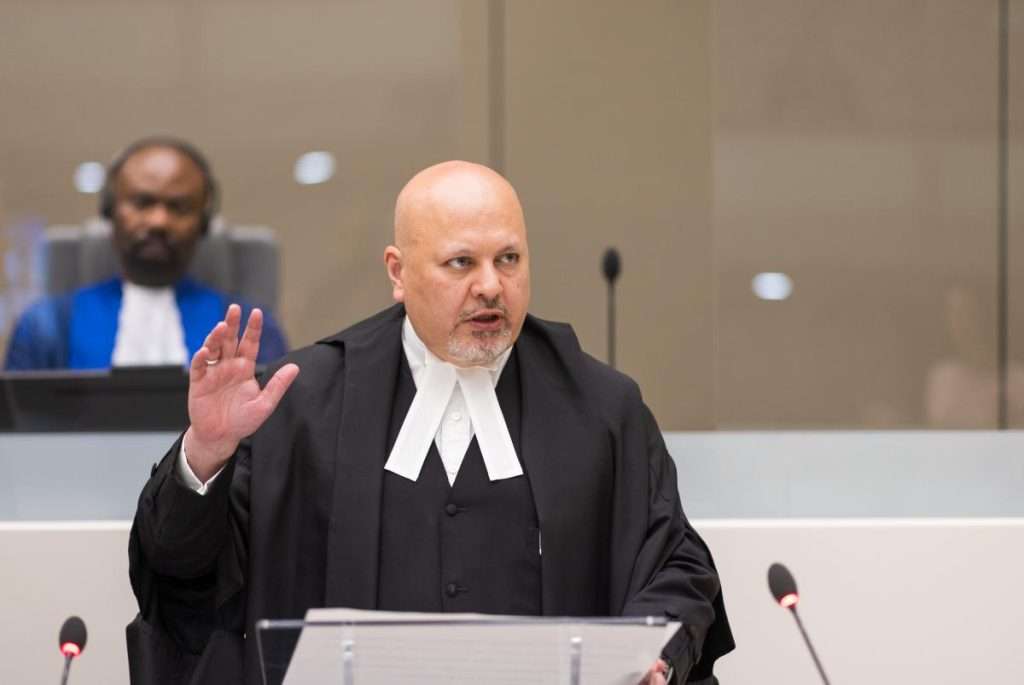ICC probe into Libya’s war crimes to be completed by 2026

Plagued by violence and divided by power, Libya’s relentless instability prompted the International Criminal Court (ICC) to investigate the country’s war crimes since the fall of Muammar Gaddafi in 2011.
ICC prosecutor, Karim Khan declared on 13th May that the investigation should be complete by the end of 2025 as well as seeing “at least one warrant” brought to court within this same time frame, AFP reported.
Mr Khan commended the Libyan authorities for their cooperation during his routine report to the United Nations Security Council where he detailed that “strong progress” had been made in the last 18 months.
READ: Libya: Three Tripoli soldiers killed by drug smugglers
However, Libya’s UN ambassador, Taher El-Sonni has urged Mr Khan to shift investigative focus onto Israel as he highlighted the global expectations for the ICC “to be courageous and to issue arrest warrants against officials of the Israeli regime who have repeated again and again that they want to commit genocidal actions against Palestinians.”, The Associated Press reported.
While Mr Khan’s team has successfully collected over 800 pieces of evidence, including audio and video footage to support the investigation in the last six months, only three cases of humanity and war crimes have been produced. Some proceedings were even disregarded due to the deaths of the suspects.
The investigation was opened in March 2011 after the Security Council referred the political unrest in Libya to the ICC in February 2011 due to the protests and clashes that swarmed Tripoli at the beginning of the Libyan civil war.
In 2017, the ICC called for the arrest and surrender of Gaddafi’s son, Saif al-Islam Gaddafi after he was released by a militia in Libya after serving six years in prison.
Currently, Saif’s younger brother, Hannibal Gaddafi is being detained by Lebanese authorities and has been in their custody since 2015 for suspicious charges as they believe that Hannibal was an accomplice in the disappearance of Moussa Al-Sadr in 1978 when Hannibal was two years old.
Earlier this month, pictures of Hannibal’s living conditions were leaked which sparked Libyan authorities to demand improvements.
Despite the ICC’s progress, Libya has a long road to travel before it reaches stability. Former UN envoy Abdoulaye Bathily resigned in despair as he stated that had tried his best to give Libya a unified government but declared that his attempts to resolve the issues between the political rivals were met with “stubborn resistance”.
AFP/BBC/AP
Want to chase the pulse of North Africa?
Subscribe to receive our FREE weekly PDF magazine













